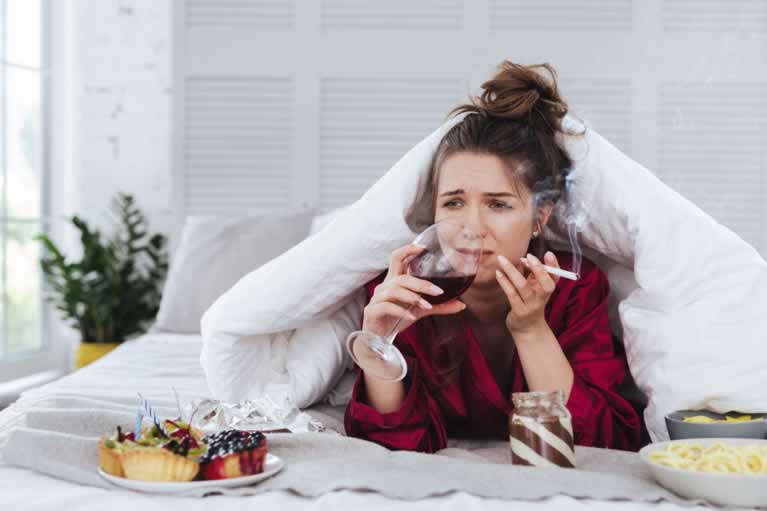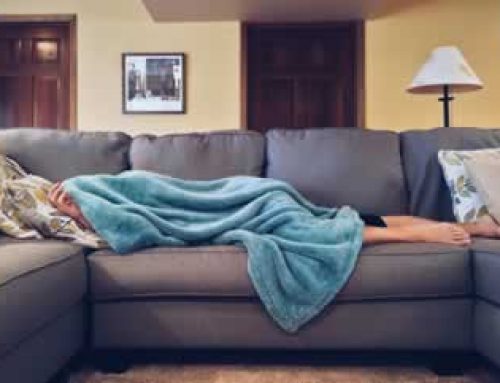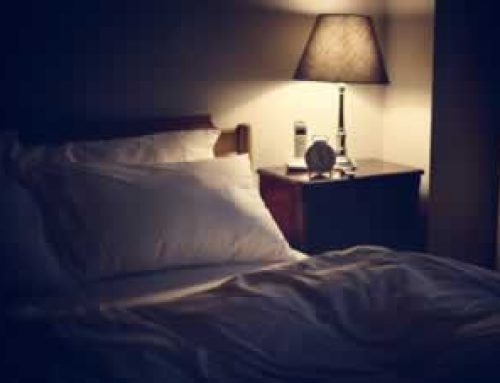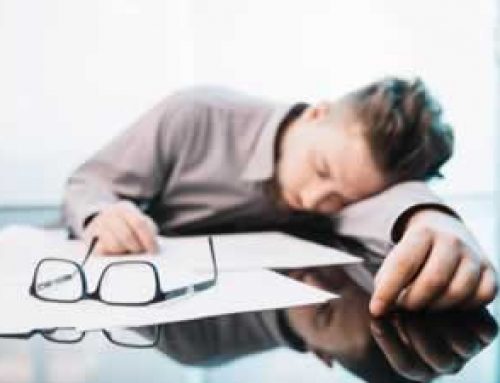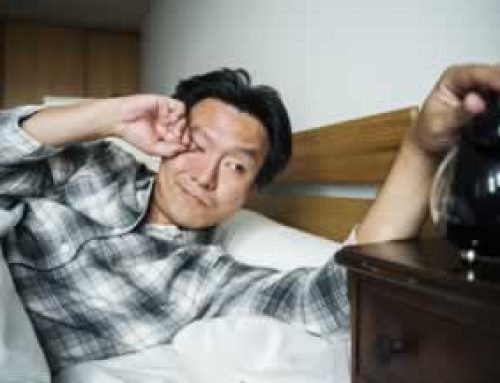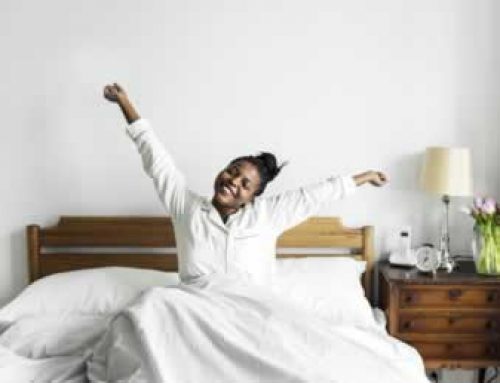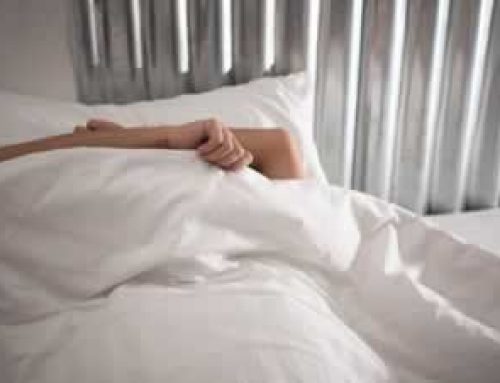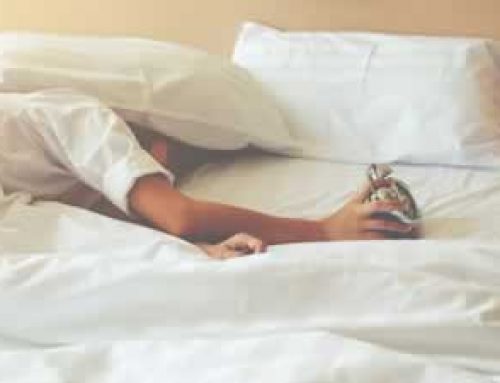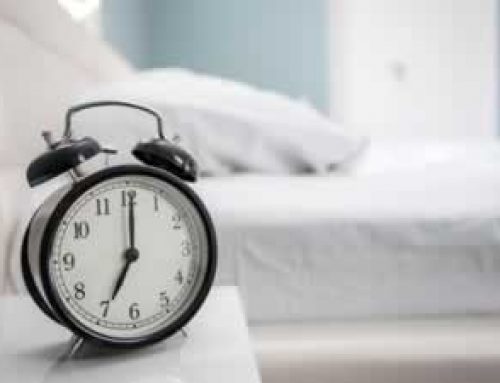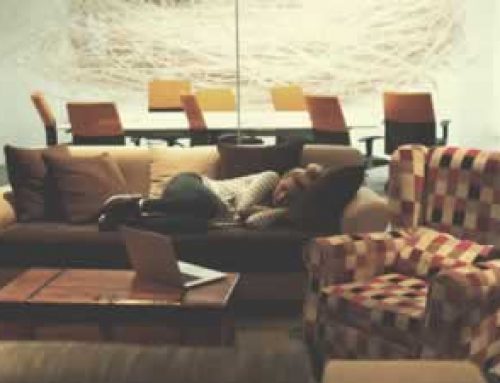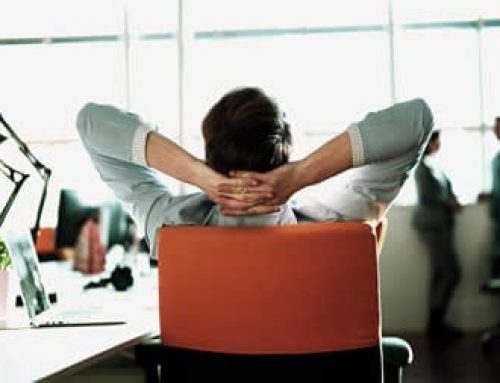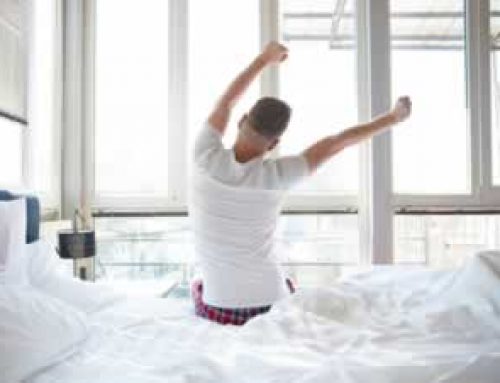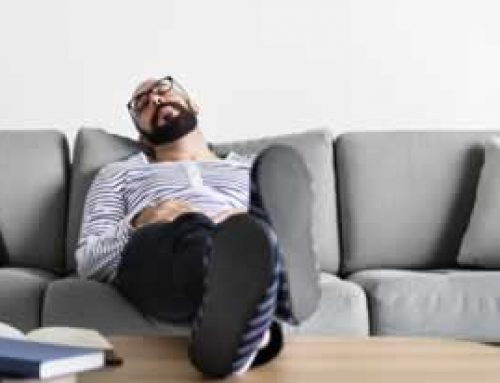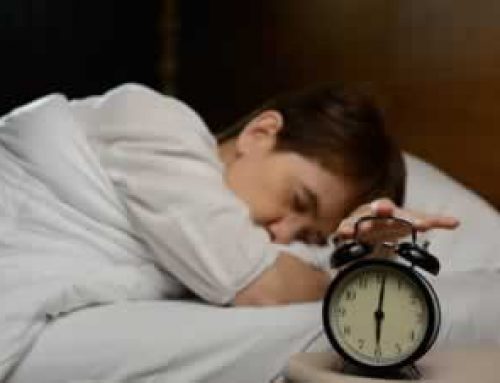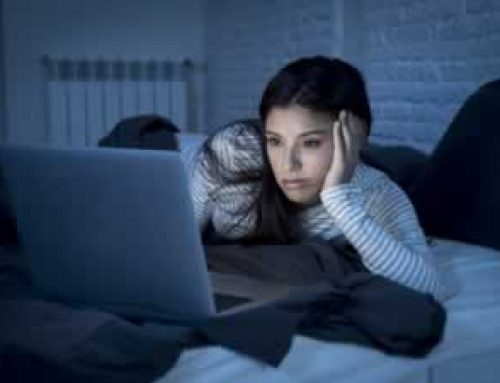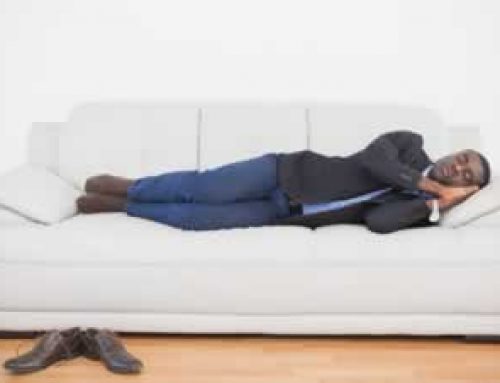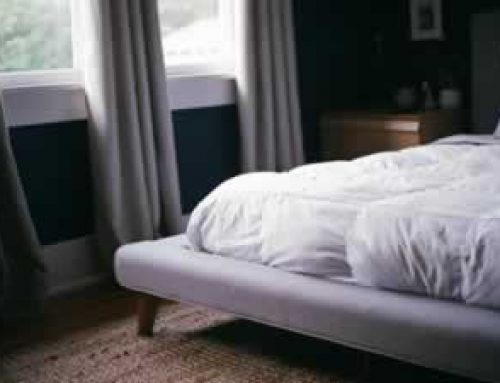Your Do’s and Don’ts to the Best Night’s Sleep
Did you know, 1 in 4 Americans suffer from a sleep problem? When it comes to quality sleep, everything from a comfortable bed, to what you eat, to technology use in the bedroom, plays a significant role. Here are some Do’s and Don’ts to get you back to good night sleep.
Do’s
Stick to a regular sleep schedule
Even on weekends and holidays if possible. Jumping off your natural sleep schedule will cause for a rough Monday morning of sleepiness.
Turn down the heat
69 % of Americans say the temperature in the bedroom strongly impacts their ability to get quality sleep. Typically, your thermostat should be between 65-72 degrees F for optimal sleep.
Invest in the best
92% of Americans say a comfortable mattress is a key to sleeping well, 85% say the type of sheets and comforter are essential, and 91% report having a comfortable pillow will improve sleep.
Set a bedtime routine
Winding down for bed is important. Use this time to stop stressing over work, take a warm bath, read a book, stretch/meditate- anything that relaxes you and can prepare your body for sleep.
Keep your room a sanctuary
Your bedroom should be explicitly used for sleep and romance only. Keep everything else distracting you from a good night sleep out. Decorate with calm, dark colors and scents that relax your mind. 66% of people say a clean bedroom makes for better sleep, so get rid of the extra clutter and put your clothes away!
Have Sex
Sex is a natural stress reducer. It also boosts oxytocin and dopamine for a surge of restful feelings, making it easier to fall asleep!
Don’ts
Skip out on sleep
Typically, adults need 7-9 hours of sleep each night. However, 30% of adults sleep less than 6 hours per night. This can have a negative effect on your ability to complete daily tasks and overall health.
Use technology before bed
Technology has become a regular part of bedtime routines, as 6 in 10 Americans use their computers or phones within an hour of going to sleep, and 8 in 10 watch TV. The exposure to blue light from your devices is known to reduce melatonin production, a sleep-promoting hormone, causing poor sleep quality.
Leave your phone ringer on
Studies show that 1 in 10 Americans gets woken by calls, texts or emails at least a few nights each week. Once awakened it may be difficult to fall back to sleep as you are distracted on your device and may be tempted to scroll through your phone. Turn your device off, or leave it out of the bedroom.
Eat a big meal before bed
Avoid a heavy meal before bed, as it can take a while to digest and can disrupt your sleep. If you must eat before bed, try a small snack like cherries, nuts, kiwi, leafy greens – these foods are known to promote good sleep.
Drink alcohol or caffeine before bed
Alcohol before bed causes poor REM sleep and can leave you with a headache and irritability the next morning. Caffeine makes it difficult to fall asleep and should be avoided 6 hours before bedtime.
Nap in the evening
Napping is not necessarily bad, and can actually be beneficial when taken at the right time of day and for the right length. However, taking a nap after 3 pm can make it difficult for your body to want to fall asleep later when it’s actually bedtime.

